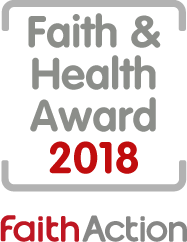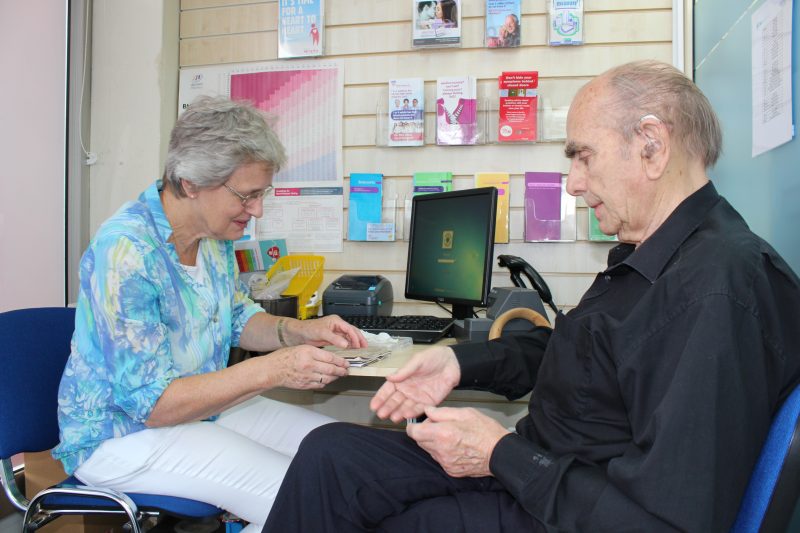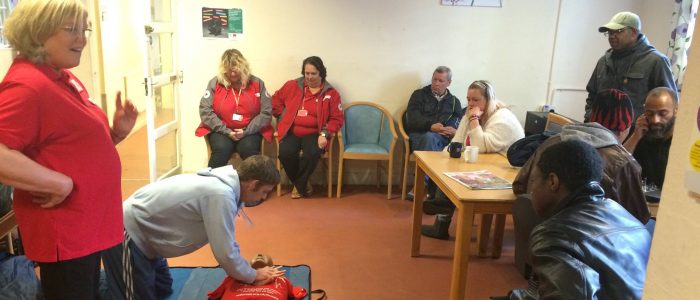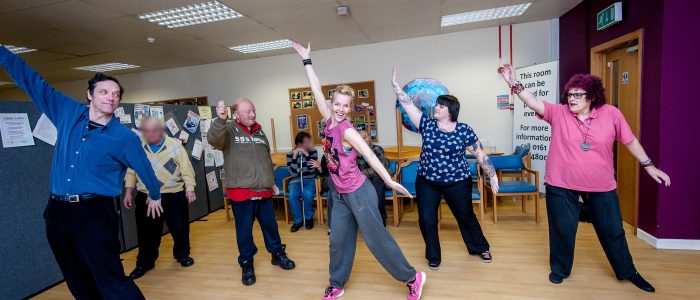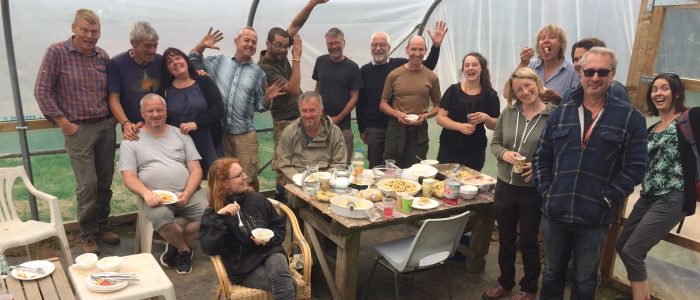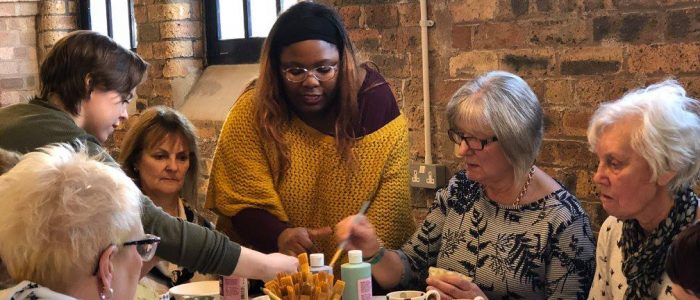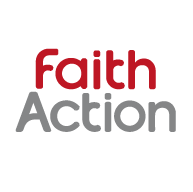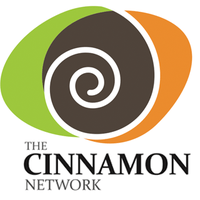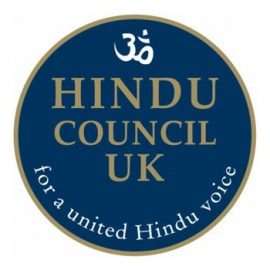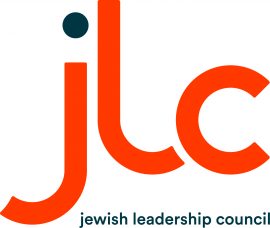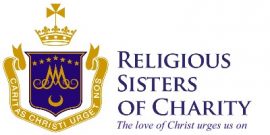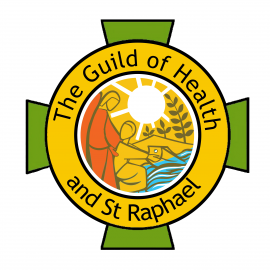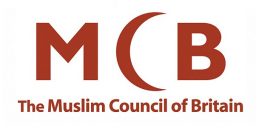Barking and Dagenham Somali Women's Association
The Barking and Dagenham Somali Women’s Association provides health-focused activities for women and girls in a welcoming, friendly environment. The Community Café is at the heart of centre, and it aims to empower Somali women and girls and enable them to excel by ensuring their health and wellbeing is prioritised.
The Café runs a weekly support group that aims to educate the women and girls about mental health issues, as the subject remains taboo in many ethnic minority communities. By encouraging participants to share their experiences, and holding presentations by mental health teams, it aims to reduce the fear of using mainstream services – and hopefully give women the confidence to seek help before problems escalate. The centre also provides counselling sessions and practical and emotional support to women and their families, as well as advice on health and wellbeing.
The Community Café worked with 520 people in 2017-18, including FGM survivors, older women, carers and lone parents – by taking a holistic approach to health and wellbeing, empowering women mentally, emotionally, physically and spiritually. The Café is rightly proud that, as it says, its visitors enter as strangers but leave as friends.
Big Life – Big Talk
Big Life – Big Talk has been using English language and literacy classes to give learners the English they need to access the health and care system. Many of those it works with have very low levels of English, and are unable to access college ESOL (English for Speakers of Other Languages) courses because they cannot read or write in English.
This is not a barrier for participation in the Creative English programme, and demand was high, with 66 learners initially signing up. The trained volunteers who ran the classes arranged visits to the local GP and dentist and explained how to register. They also developed a partnership with the local pharmacist, who now drops in on a session each term to carry out health checks relating to diabetes and measuring blood pressure and body mass index. He explains his offer to the learners and is building up good relationships with them – meaning that his shop is busier as learners are now confident to seek his advice instead of rushing to A&E. Big Life has also built up relationships with the local health visitors and midwives, who pop in to meet the groups of learners.
At the end of the programme, 60% of the learners were ready to move on to more formal ESOL classes. There were also wider impacts: learners different backgrounds came together well as a group and are supporting each other informally via WhatsApp. One of the volunteers has gained a university place and two are now training to be Teaching Assistants. And Big Life itself has added health checks to its wider programmes and is brokering with the NHS to bring in health trainers.
Communities for All at Khizra Mosque
Located in one of the most diverse areas in the country, Communities for All (C4All), in partnership with Khizra Mosque, aims to improve community cohesion, integration, social and economic inclusion, and health and fitness. It works with many other partners including NHS Blood and Transplant and other services and the local Clinical Commissioning Group, which it links with users of the centre and the over 1200 people who worship at the Mosque each week.
The project began in the 1980s and it has helped over 10,000 people – many of them from communities considered ‘hard to reach’ – to lead healthier and more active lifestyles. The centre frequently holds health awareness talks on different health conditions (including dementia, diabetes, mental health and cancer) which educate people to be able to recognise symptoms and know how to seek help.
The centre also offers a multitude of sports and social activities from cycling and self-defence to gardening and healthy cooking, so that the whole community can lead more active lives in a safe environment, with the added bonus of making friends and gaining confidence. Each winter, the Mosque opens its doors to homeless people, offering them food and health and wellbeing advice; by preventing health problems such as hypothermia, it is potentially saving lives.
The centre believes it is making a real difference by helping individuals and families live healthy lifestyles – so reducing the likelihood that they will develop diseases – and enabling people to overcome social isolation. Its ethos of engaging with the local community were recognised when it was given the Be Proud award by Manchester City Council, for opening its doors to the emergency services following the Manchester Arena bombing in 2017.
The Langdon Foundation
The Langdon Foundation has four bases, located in London, Manchester, Hertfordshire and Middlesex. For over 25 years, the foundation has supported Jewish people with learning difficulties from young adulthood onwards, and at present has over 100 members in its supported housing and 50 who are part of its youth programme.
Langdon provides a welcoming environment for people to obtain vital social contact, as many people with learning disabilities struggle to form relationships. The charity aims to empower its members to live as independently as possible. It provides a recreational club for teenagers, a college for students aged 14-25 with learning disabilities, employment support and work placements within its social enterprise projects. It also runs social activities, provides supported living accommodation and has a house that the community can use or hire.
A social return on investment exercise found that for every £1 that the foundation receives, in turn, the equivalent social value of approximately £9 is injected back into society. Part of this comes about through Langdon helping its members to feel more confident, become more independent, and feel more in control and sociable, and less isolated and anxious – with attendant health benefits for them and their families. It was found that members’ wellbeing was likely to be adversely affected without the foundation.
The Pathway Project Group Programme
Over the past year, the Pathway Project has helped over 650 women who have experienced domestic and sexual abuse in the Staffordshire area. The project initially started over 20 years ago, but the group programme has been able to reach out to more women after winning funding from the Big Lottery Empowering Women and Girls Initiative in 2016.
It is a sad fact that many survivors of abuse suffer from depression, low self-esteem, self-harm and suicidal thoughts. The groups run by the Pathway Project address these issues in a safe, therapeutic setting, where women can talk about their experiences and feelings with other women who truly understand what they have been through. The programme includes a self help group, life coaching, help with training or looking for work, peer mentoring and other creative, sports and social activities. As abuse can have very long-lasting effects, the project also has a group which is run by service users and volunteers, and allows women to be part of the project for as long as they need it.
The participants’ health improves as they begin to focus on self-care, which is a large part of the programme; they also report that their mental health improves and that if they are having a bad day, coming to the group helps to regain perspective. This support means the women are less likely to need to see the GP or to attend A&E, and more likely to reduce their medication for anxiety and depression. For some women, coming to the groups gives them confidence to leave an abusive relationship, which is not just life enhancing, but potentially life-saving.
